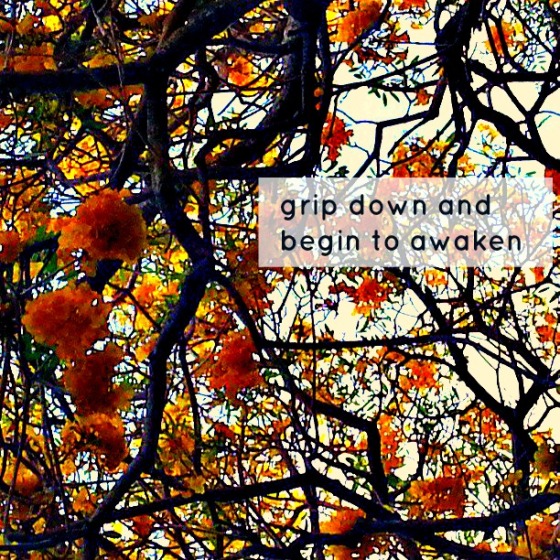Yes, it is June now. Yet, I feel as though spring is just beginning.
Spring and All [By the road to the contagious hospital]
I By the road to the contagious hospital under the surge of the blue mottled clouds driven from the northeast-a cold wind. Beyond, the waste of broad, muddy fields brown with dried weeds, standing and fallen patches of standing water the scattering of tall trees All along the road the reddish purplish, forked, upstanding, twiggy stuff of bushes and small trees with dead, brown leaves under them leafless vines- Lifeless in appearance, sluggish dazed spring approaches- They enter the new world naked, cold, uncertain of all save that they enter. All about them the cold, familiar wind- Now the grass, tomorrow the stiff curl of wildcarrot leaf One by one objects are defined- It quickens: clarity, outline of leaf But now the stark dignity of entrance-Still, the profound change has come upon them: rooted, they grip down and begin to awaken
– See more at: http://www.poets.org/viewmedia.php/prmMID/15536#sthash.NclZQt8r.dpuf




